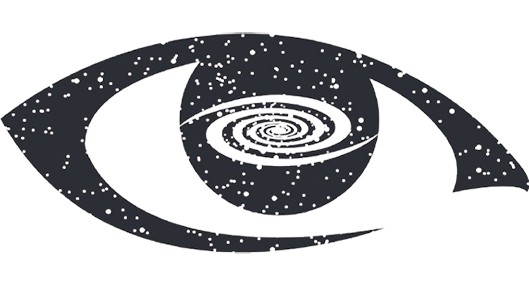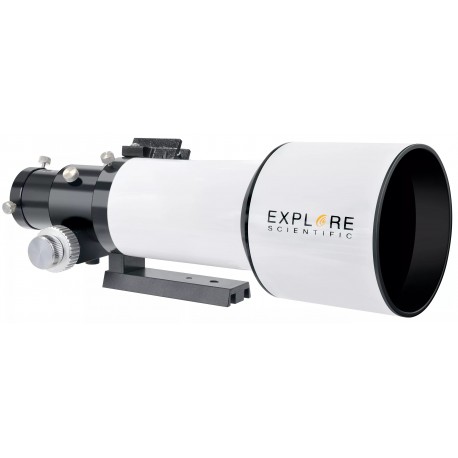No products
Prices are tax included
Explore Scientific ED APO 80mm f/6 FCD-1 Alu 2" R&P Focuser
ED APO 80mm f/6 FCD-1 Alu R&P
New product
Explore Scientific ED APO 80mm f/6 FCD-1 Alu 2" R&P Focuser
80 mm f/6 ED apochromatic triplet refractor with Hoya FCD-1 glass, aluminium tube, and 2" rack & pinion focuser with 1:10 reduction. Ideal for visual and astrophotography use.
Available in stock from the supplier. Please contact us for more information.
More info
Explore Scientific ED APO 80mm f/6 FCD-1 Alu 2" R&P Focuser
Description:
The Explore Scientific ED APO 80mm f/6 FCD-1 is a triplet apochromatic refractor designed for both astrophotography and visual observation. Its ED optics, using Hoya FCD-1 glass, ensure outstanding chromatic correction, sharpness, and high contrast across the entire field. The compact aluminium tube is lightweight and transportable, making it ideal for use with small to medium equatorial mounts.
The 2" rack & pinion focuser with 1:10 micro-reduction allows smooth and accurate focusing, even with heavy imaging setups. The scope includes a 2" diagonal mirror with 99% reflectivity and a 2" to 1.25" adapter. A field flattener is available separately for use with large sensors.
With its high optical quality and versatility, this refractor suits demanding amateurs and astrophotographers alike for deep-sky imaging, lunar, and planetary viewing. A finder bracket slot is provided, though no finder is included.
Technical specifications:
-
Optical design: ED apochromatic triplet refractor
-
Glass: Hoya FCD-1
-
Aperture: 80 mm
-
Focal length: 480 mm
-
F-ratio: f/6
-
Angular resolution: 1.6"
-
Optical coating: EMD multilayer
-
Focuser: 2" rack & pinion with 1:10 micro-reduction
-
Tube material: aluminium
-
Tube length: 340 mm
-
Height: 120 mm
-
Width: 140 mm
-
Weight (tube only): 2.6 kg
-
Dovetail: Vixen-style
-
Included adapters: 2" to 1.25"
-
Diagonal: 2" mirror, 99% reflectivity
-
Dust caps: included (front and rear)
-
Backfocus: not specified
-
Rear thread: not specified
Additional information:
Supplied with OTA, Vixen-style dovetail bar, 2" diagonal mirror, 2" to 1.25" adapter, and dust caps. Finder not included but mounting bracket slot is present. Manufacturer warranty: 10 years under Explore Scientific conditions.









